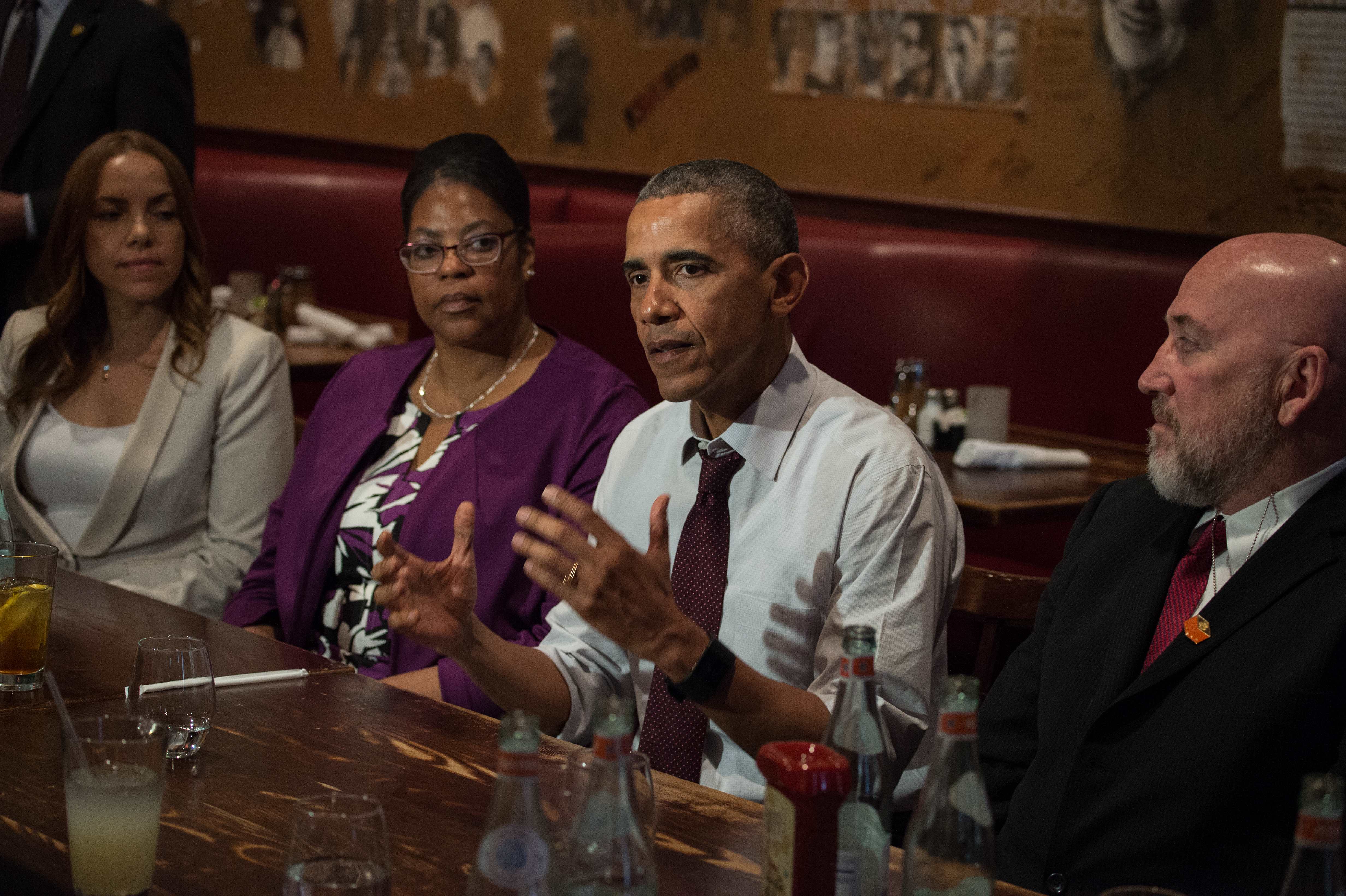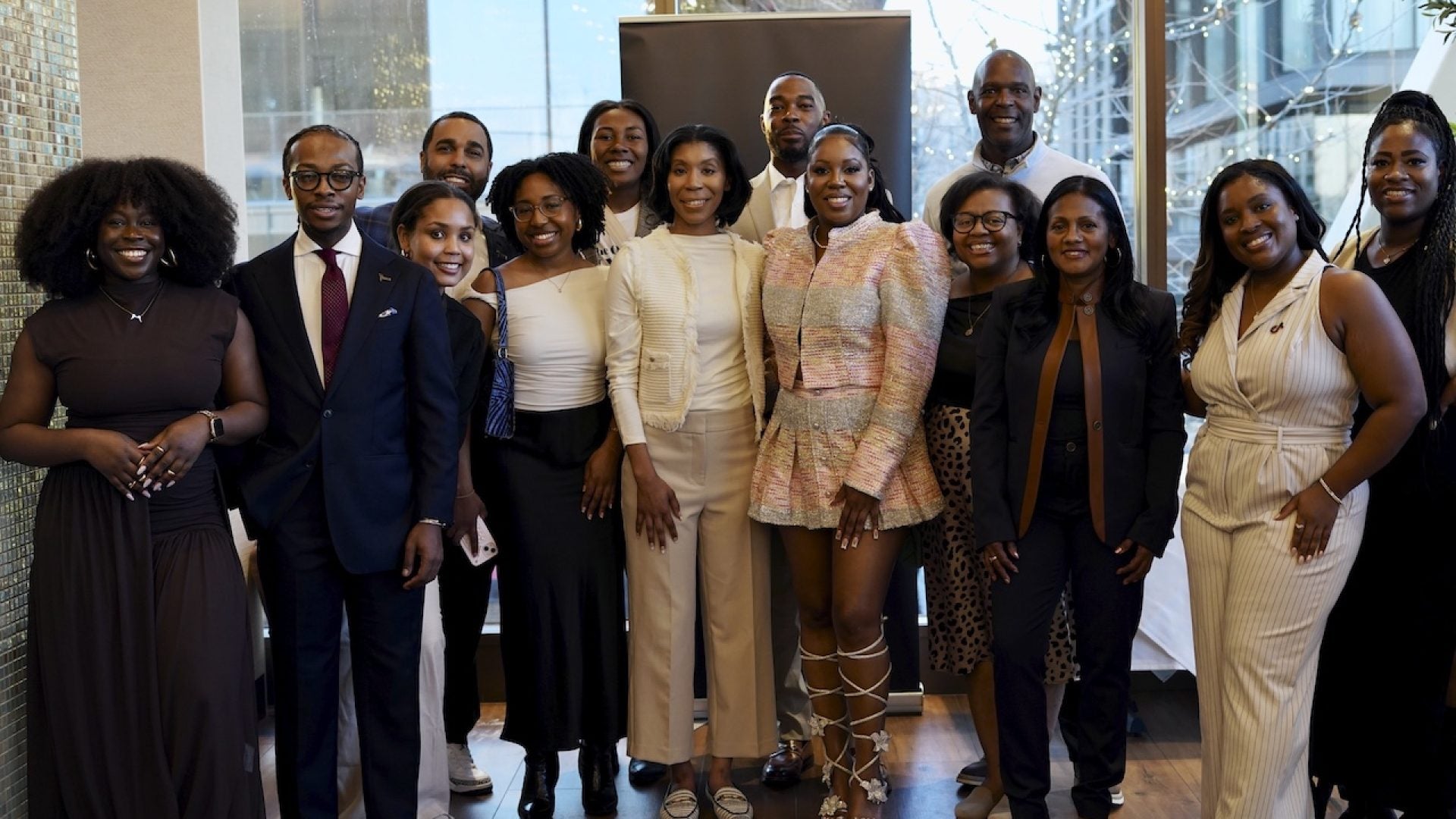
Monty was 18, and I was 19 when we met. One night a group of us were going to dinner, and he came along. Although he was on the quiet side, we ended up talking for the rest of the night. It was August 1988 and I’d returned home to Minneapolis after a semester at college in Atlanta. I dreamed of being a lawyer, but in my freshman year, I ran out of money.
Growing up as the oldest of three on the north side of Minneapolis, I’d watched my mother work split shifts as a city bus driver to support us. In high school I was homecoming queen, but I knew that as much as we struggled, I was blessed to even make it to college; I wasn’t about to give up. I decided I’d find a job and save enough money to get back in school. Instead, I got in trouble.
Monty was raised in St. Paul, where a lot of young guys were dealing. I knew Monty sold drugs, too, because he drove expensive cars and traveled at his leisure. Soon I was taking messages for him, driving him to meetings, and handling his money. I knew I was blurring the line between right and wrong, but dealing was so commonplace that I didn’t think much of it.
One day in May 1989, we’d planned to go to the movies, but Monty never called. The next morning, my sister, Charlita, told me he’d been arrested during a sting. I thought, Oh my God, he’s in trouble, but not once did I think that I might be, too. But a few weeks later, I was at his mother’s house when state officials knocked on her door.I heard the words, “Serena Nunn, we have a warrant for your arrest,” and I just went numb. I still don’t know how my mom managed to post bail, but she was waiting when I walked out of jail three days later. Her face told me how worried she was, but she didn’t ask questions. I was grateful because I didn’t have any answers.
I was charged with conspiracy and aiding and abetting the distribution of 20 kilos of cocaine. In all, 24 people were charged, and the trial was set for November. I hadn’t yet grasped that ours was the first big case in Minnesota to which the mandatory-minimum sentencing guidelines would apply. Under the new federal rules, I faced at least ten years, yet I still didn’t believe I’d go to prison. I thought a jury would see I was just a girl in love.
Instead, I was found guilty on every count. I sat frozen as the judge sentenced me to 188 months. My grandmother was crying; my mother looked as though she might collapse. I remember thinking, Okay, 60 months is 5 years; 120 months is 10 years…. In fact, it was 15 years and 8 months.
Subscribe to our daily newsletter for the latest in hair, beauty, style and celebrity news.
I was flown to the federal correctional institute in Lexington, Kentucky. For me, the hardest part of being in jail was the lack of privacy. Our mail was opened before we received it, and officers could trifle with our belongings at any time. Sometimes we’d be forced to undergo humiliating strip searches after having visitors. To maintain sanity, I’d work out, watch sports and read. But I never let myself get comfortable. This was not my home.
I knew my mother and grandmother were praying for me, and their faith helped strengthen my own. I attended church services and studied my Bible, but I missed my family so much. I was in a different state, so it was two years before their first visit. As soon as I saw my mother and sister, we all broke down in tears. But even though it tore my mom’s heart to see me in jail, she let me know that if I stayed strong, I could overcome my situation.
And that’s what I decided to do. I started taking college classes at the end of 1990. A few professors came to the facility, and I also took correspondence courses. Then in 1995, I got news that my brother, Jerome, had become caught up in the streets and had been convicted of murder. I was so depressed. But I kept pushing. And slowly my belief that I could turn my life around began to be reflected, as if God saw what I was trying to do and sent help.
In late 1997 I received a letter from Sam Sheldon, a young attorney from San Diego who’d seen an article in the Minneapolis Star-Tribune about women sentenced under mandatory-minimum laws. I’d been featured in the article. By then, I’d been moved to Arizona; Sam came to visit me there in January 1998 to discuss my case. Soon after, he wrote saying he wanted to help me pursue a presidential commutation of my sentence.
During the two years Sam and I worked on my case, I finally earned my associate of arts degree. It had taken nine years. Then, in 2000, my sentencing judge agreed to write President Clinton in support of my release. He said he would never have given me the time he did if his hands hadn’t been tied. The prosecutor in my case wrote a letter, as did Governor Jesse Ventura. By the time I turned 31, I’d heard rumors that I might be released, but I was dumbfounded when on July 7, 2000, the administrator called me to his office. After 11 years, I was free! I only wished my grandmother, who had died six months earlier, had lived to see that day.







While in jail, I had applied and been accepted to Arizona State University for my bachelor’s degree. So when I was released, I immediately started school there. And, with the help of financial aid, I got an apartment. I embraced the smallest things, like lying on my own couch and opening the refrigerator whenever I wanted.
Since I now had a felony record, I assumed that my dream of being a lawyer was shattered, but Sam explained that I could still pursue law. I would just have to be approved for the character fitness portion of my bar application. So, after earning my bachelor’s in political science two years later, I applied and was admitted to the University of Michigan law school. Midway through my program, I met a man who understood my goals. Life got even sweeter when our daughter, Serenity, was born in November 2005.
A year ago my family cheered as I crossed the stage at my graduation from law school. I had done it!-become the first person in my family to earn a law degree. I thought about Monty and my brother, Jerome, both still serving time, and I realized that I represented everyone who had ever made a mistake and gone to prison, yet somehow made it through. As I crossed that stage to pick up my degree, I felt pride-and possibility-for them too.
Serena Nunn plans to become a public defender. She told her story to Regina R. Robertson, West Coast editor of ESSENCE






